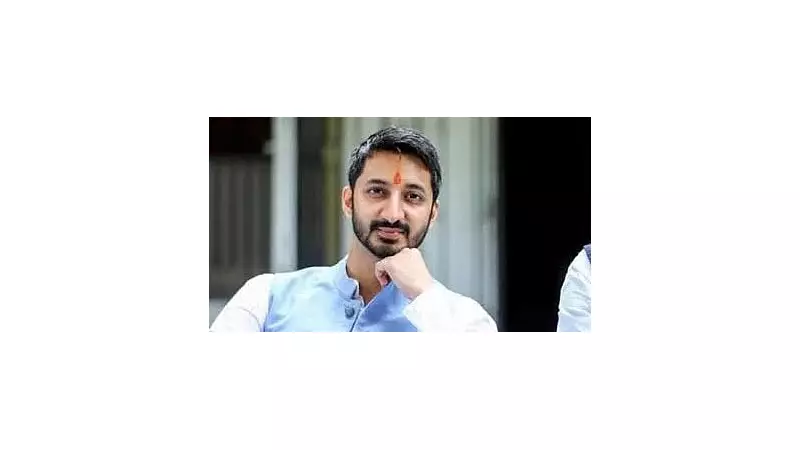
Fresh controversy has erupted in the Pune land deal case as activists and whistleblowers are raising serious questions about the clean chit given to Parth Pawar. The development has sparked heated debates about transparency and accountability in political circles.
The Controversial Clean Chit
According to sources close to the investigation, the clearance given to Parth Pawar has faced strong criticism from multiple quarters. Mrityunjay Bose reported on November 19, 2025 that the decision has not gone down well with transparency advocates and civil society members.
One activist, speaking on condition of anonymity, made a strong statement against the development: "When the paper trail begins and ends with Parth Pawar, calling giving him a clean chit is either cowardice or complicity." This sharp criticism highlights the growing discontent among those who have been following the case closely.
Examining the Paper Trail
The central point of contention revolves around the documentary evidence that allegedly connects Parth Pawar to the controversial land transaction. Critics argue that the investigation has not adequately addressed the paper trail that supposedly leads directly to the political figure.
Whistleblowers who initially brought the case to light maintain that there is substantial evidence linking Pawar to the deal. They question how authorities could completely exonerate him when documents appear to tell a different story. The timing of the clean chit has also raised eyebrows among political observers.
Broader Implications and Public Response
The controversy surrounding the Pune land deal clean chit has wider implications for governance and political accountability in the region. Public trust in investigative processes is at stake, and many are calling for greater transparency in how such decisions are made.
Local residents and civil society groups have expressed concern that this development might set a dangerous precedent for future cases involving political figures. The strong language used by activists reflects the depth of frustration among those who expected a different outcome from the investigation.
As the debate continues, all eyes remain on how authorities will respond to these mounting questions and whether additional information will emerge to shed more light on this controversial decision.





